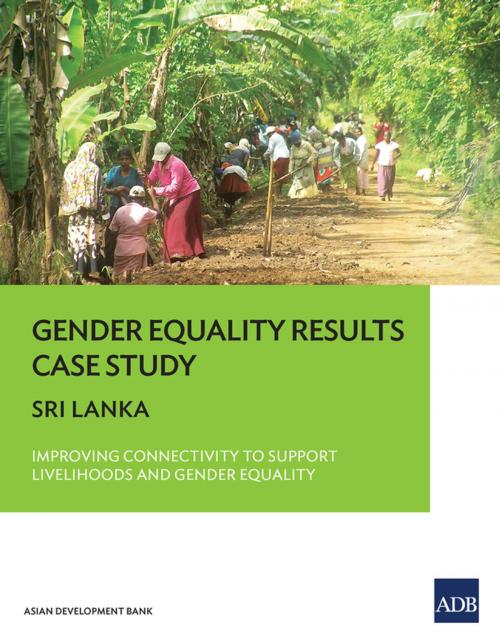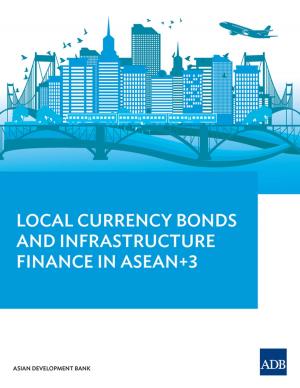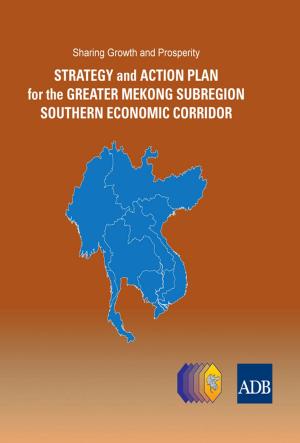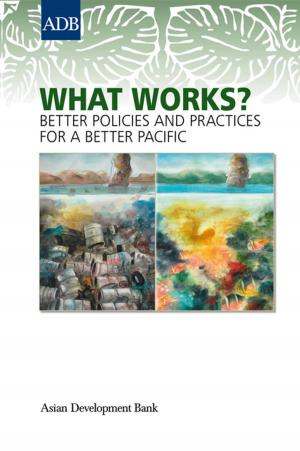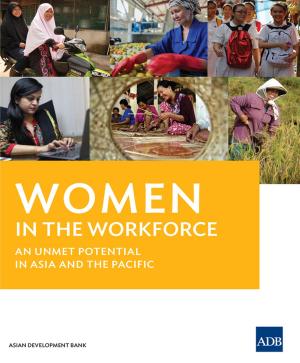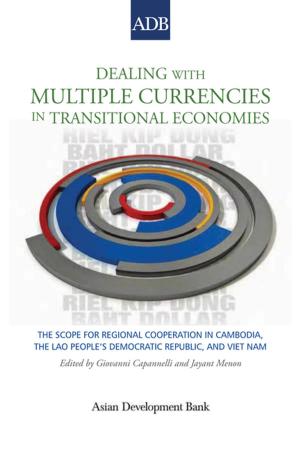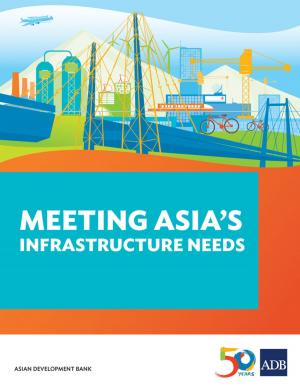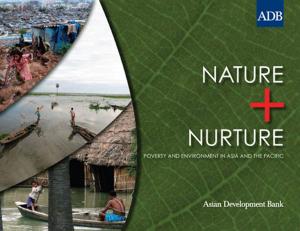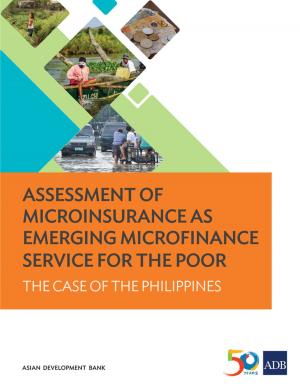Gender Equality Results Case Study
Sri Lanka—Improving Connectivity to Support Livelihoods and Gender Equality
Nonfiction, Reference & Language, Transportation, Social & Cultural Studies, Social Science, Gender Studies| Author: | Asian Development Bank | ISBN: | 9789292571429 |
| Publisher: | Asian Development Bank | Publication: | October 1, 2015 |
| Imprint: | Asian Development Bank | Language: | English |
| Author: | Asian Development Bank |
| ISBN: | 9789292571429 |
| Publisher: | Asian Development Bank |
| Publication: | October 1, 2015 |
| Imprint: | Asian Development Bank |
| Language: | English |
The Improving Connectivity to Support Livelihoods and Gender Equality project (JFPR 9143) sought to to improve connectivity and quality of life of conflict-affected and isolated poor communities in selected districts of the Eastern and North Central provinces of Sri Lanka, and supported the rehabilitation of over 290 kilometers of rural access roads. Rehabilitated and improved rural roads are beneficial to women, girls, men, and boys, as travel becomes convenient, faster, and safer, with better access to social services, such as education and health care. Business owners can gain access to new markets for their products. However, given gender roles, relations, and inequalities, investments in rural roads result in different constraints and opportunities for women, girls, men, and boys.
The Improving Connectivity to Support Livelihoods and Gender Equality project (JFPR 9143) sought to to improve connectivity and quality of life of conflict-affected and isolated poor communities in selected districts of the Eastern and North Central provinces of Sri Lanka, and supported the rehabilitation of over 290 kilometers of rural access roads. Rehabilitated and improved rural roads are beneficial to women, girls, men, and boys, as travel becomes convenient, faster, and safer, with better access to social services, such as education and health care. Business owners can gain access to new markets for their products. However, given gender roles, relations, and inequalities, investments in rural roads result in different constraints and opportunities for women, girls, men, and boys.
